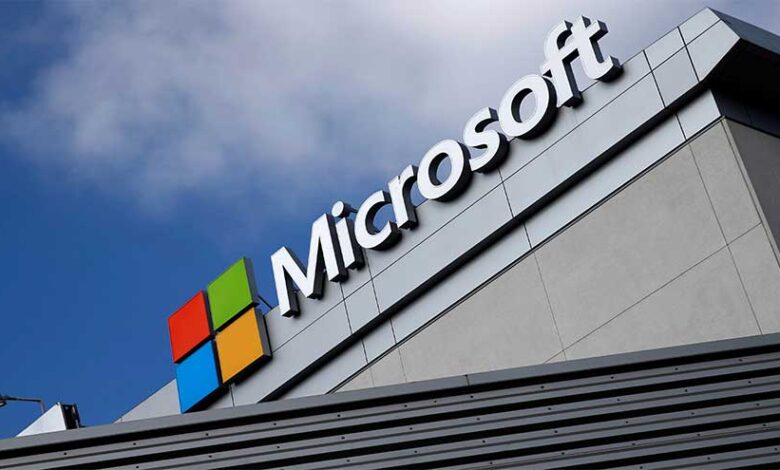The IT ministry says Microsoft is not leaving the Pakistani market.

The international tech behemoth Microsoft is not leaving the Pakistani market, according to the country’s information technology (IT) ministry; rather, it is merely switching to a partner-led, cloud-based delivery model.
Following media reports about Microsoft closing its office and laying off a few employees in Pakistan due to a LinkedIn post by a former Microsoft executive in the country, the statement was released.
The tech giant has moved its licensing and commercial-contract management for Pakistan to its European hub in Ireland in recent years, according to the Pakistani IT ministry. Certified local partners have been handling all day-to-day service delivery.
In light of this, the IT ministry released a statement stating, “We understand Microsoft is now reviewing the future of its liaison office in Pakistan as part of a wider workforce-optimization program.”
“Rather than a retreat from the Pakistani market, this would reflect a long-signalled strategy, consolidating direct headcount and moving toward a partner-led, cloud-based delivery model.”
According to the Pakistani central bank, the country’s IT sector has grown significantly in recent years, reaching $3.4 million from July 2024 to May 2025, up from $2.9 million in the same period the year before.
To help the $350 billion economy, Prime Minister Shehbaz Sharif’s government has been working to boost these exports even more, and the IT ministry tried to allay worries about the closure of the Microsoft office.
It stated that Microsoft is not an exception to the global shift in how technology companies organize their global operations from on-premise software (transactional deals) to Software-as-a-Service (SaaS).
“The Ministry of IT & Telecom in Pakistan acknowledges the strategic importance of having top international technology providers operating in the nation,” the ministry stated.
“To make sure that any structural changes enhance rather than lessen Microsoft’s long-term commitment to Pakistani customers, developers, and channel partners, we will continue to engage Microsoft’s regional and global leadership.”